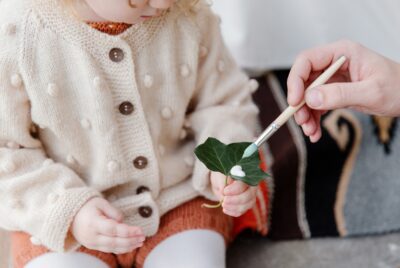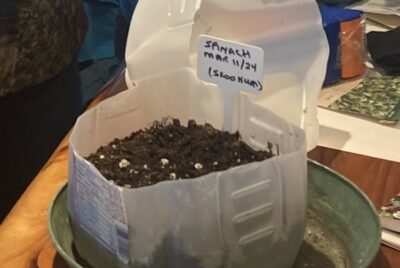RESEARCH
How Do Horticultural Activities Affect Brain Activation and Emotion? Scientific Evidence Based on Functional Connectivity
Summary
This study used brain scans (fMRI) and mood questionnaires to see how different gardening activities affect emotions and brain activity. Researchers measured participants’ brain activity before and after they engaged in a 5-week gardening program that included preparing the soil, planting, fertilizing, weeding, and harvesting. The study found that gardening activities stimulated functional connections in brain regions related to emotions, suggesting that gardening can boost positive feelings and mindfulness.
The research indicates that different stages of gardening affect the brain in unique ways. For example, preparing the soil and planting activated brain areas linked to mindfulness and creativity, while fertilizing and weeding were associated with reduced depression. Harvesting, the final stage, also stimulated emotional processing and creative thinking. It also concludes that weeding, fertilizing, and harvesting result in the highest happiness rates. Overall, this paper provides scientific evidence regarding the efficacy of horticultural therapy in its various forms.







